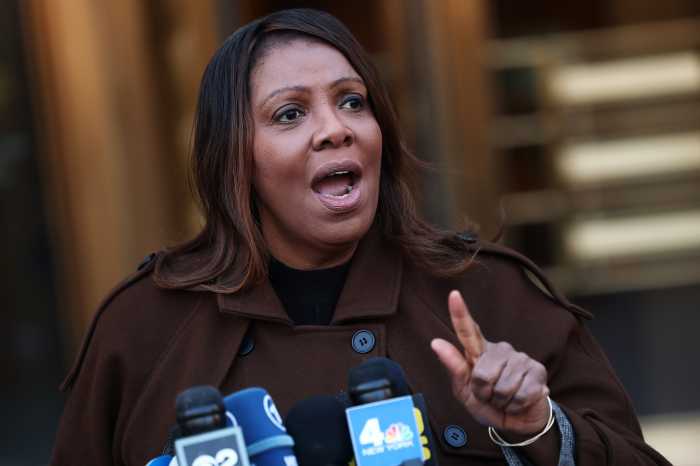I remember, as a child, accompanying my parents to vote. In the auditorium of a Nashville elementary school, I waited with them in line, then accompanied them to a big steel machine with an oversized, red-handled lever. With a pull of the lever, a curtain closed behind us, separating us from the rest of the room and from the public more generally. My mother turned little knobs to indicate her choices, then pushed that big lever back. Her votes were recorded in the machine and the curtain opened back up, reuniting us with the public and making room for the next voter.
Voters — and their accompanying children — learn from the experience of voting, whether in those big green machines or on more modern voting machines. The enforced separation teaches us that our vote is ours, the cherished opportunity to express our values to our government. That’s the cornerstone of American democracy: one person, one vote. It’s the principle we use to assess whether other countries’ elections are free and fair, and here at home it’s the ideal of rule by the people generations have fought, demonstrated, and died for.
It’s not just a meaningless exercise. It’s a promise to Americans that each person has the right to expect a similar amount of power over the government. Of course there are plenty of obstacles to that power, but at least since the early 19th century the idea has been that a group people who live together and share interests because of where they live — a community of interest — sends its representatives to state capitals and to Washington to represent that community. Representation is based on people voting in authentic communities, rooted in the natural boundaries that make up their common lives.
But since representatives are also responsible for drawing the boundaries around districts, they can make their own jobs secure by picking apart those authentic communities into divisions that will reliably deliver voting majorities. That’s gerrymandering, and it’s an old, ugly feature of American politics. It’s a way to make winning one election into a permanent advantage — think of a basketball game where, for each basket your team makes, your goal is lowered six inches and the other team’s is raised.
To be sure, Democrats had used gerrymandering before; neither party’s hands are clean. But in the past few years gerrymandering has gone from an unseemly nuisance to a core threat to democracy. In many states (including my own, North Carolina), the post-2010 maps go way beyond anything in the past. They are breathtaking in their unfairness.
In part that’s because mapping technology has become so sophisticated that it’s possible to draw boundaries with surgical precision, carving out single city blocks and even single homes in the service of guaranteeing one party’s victory. But it’s also because the Republican party, swept into power in many states in time for the post-2010 redistricting, abandoned altogether the principle of representing authentic communities. Instead, they saw redistricting as a game, and one they could win. They’ve made a mockery of representation, making politics into essentially that basketball game.
But politics isn’t a game; it’s deadly serious, with huge moral and material implications for citizens. Just because a party can do something to its own advantage doesn’t mean they should do it. Citizens have a right to expect that their representatives will act in the best interests of the whole community, not just to pursue their own narrow interests.
If people learn about citizenship — using voice and expressing values — through the experience of voting, what do people learn about government when government behaves this way? They learn that their voice and their values don’t matter. Representatives chosen from boutique districts drawn to their own standards have no incentive to listen to or care about their constituents’ values, and voters understand that all too well.
It’s time to put an end to this corrupt practice. Leaders who actually believe in their principles should be willing to argue and persuade others of those principles in a fair public sphere. Representatives who respect their constituents should let those constituents decide for themselves, secure in the faith that the better principles and the better leaders will prevail. Democrats should make that pledge a centerpiece of their 2018 state campaigns: to draw fair districts so voters choose their government instead of the other way around. That will go a long way toward fulfilling the message we learn when we enter that voting booth.
Andrew J. Perrin, Ph.D., is a professor of Sociology at the University of North Carolina, Chapel Hill, specializing in the sociology of democracy. His latest book is American Democracy: From Tocqueville to Town Halls to Twitter (Polity Press, 2014).


























